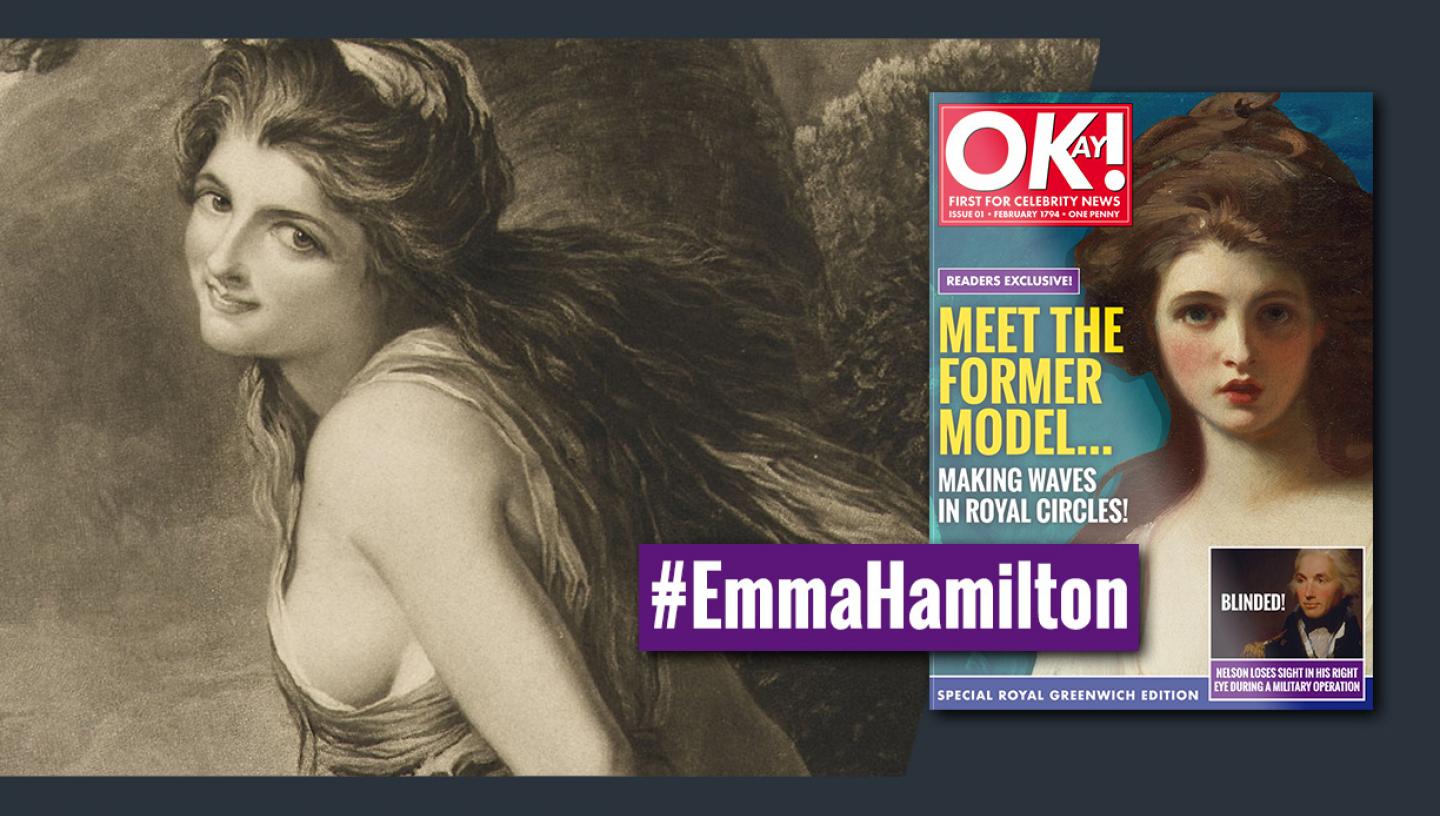
Emma Hamilton and the decade that shook Europe
Emma became involved in European politics at a time of great turbulence and conflict following the French Revolution.
Respectable
When Emma and Sir William married in 1791, with the permission of the King of England, Emma gained access to the very highest echelons of society. As a ‘respectable’ envoy’s wife, she also had access to the court of Maria Carolina, Queen of Naples and Sicily, and soon became her close friend and confidante.
She became deeply loyal to her ‘much loved Queen’, and was rewarded with access and influence at a time when Maria Carolina was looking on in horror at events in Revolutionary France.
1793
At the start of 1793, Louis XVI of France was executed. His wife (Maria Carolina’s younger sister) Marie Antoinette followed him to the guillotine before the year was out. France declared war on Austria, and then Britain on France. In the same year, Nelson and Emma met for the first time when he was sent to Naples to ask King Ferdinand for troops to defend Toulon.
A glorious victory
When Nelson set off to fight Napoleon’s navy in the Mediterranean, he actually arrived in Egypt before the Emperor. Needing supplies and frustrated by what looked like another false lead, Nelson then went to Sicily, where he was refused entry by the governor. Nelson wrote to Sir William. Made aware of the dilemma, Queen Maria Carolina, with Emma’s support, persuaded the governor to relent. Nelson’s ships duly replenished, he went on to shatter the French forces at the famous Battle of the Nile.
When Nelson arrived shortly afterwards in Naples, Emma famously paraded him around town while she wore a bandeau with the motto ‘Nelson and Victory’. The French army meanwhile was ominously not far to the north.
A new front in the war with France
To some disquiet back in Britain, Nelson supported the King and Queen of Naples in their attempt to occupy Rome and Livorno (then under French occupation). Inevitably, France declared war on Naples and marched on Rome. King Ferdinand’s army fled and soon Naples itself was under attack and the court was forced to flee. In London, some began to wonder if Emma had persuaded Nelson to intervene.
Emma was tireless in helping Nelson evacuate the court to its Sicilian capital, Palermo. The stormy crossing was dreadful indeed. The Queen’s youngest son died in convulsive fits in Emma’s arms, Sir William contemplated suicide but Emma never wavered in her attentions to the royal family and showed great personal strength.
There is nothing like a dame
While the court was exiled to Sicily, just to the south, Malta was being left to starve in the midst of its own struggle with the French. Nelson failed to persuade King Ferdinand to allow the British to send in grain. Emma, however, sent supplies of food and convinced Queen Maria Carolina to donate £10,000 to the effort. Emperor Paul I of Russia awarded Emma the Cross of St John, the Maltese Cross. “I am the first Englishwoman that ever had it”, she noted with pride. It made her a Dame of the Order of Malta, a title in her own right.
A terrible vengeance
By the summer of 1799, the French hold on Naples was crumbling. The French army and local revolutionaries had only held the city for a few months. When the republicans surrendered, Nelson endorsed the hanging of the republican leader Admiral Caracciolo and did not intercede on behalf of 120 others who were executed, alongside the imprisonment and exile of thousands more. His actions were ruthless and many in London believed that Emma had encouraged this severity or at least acted as a conduit for the vengeance of the king and queen.
Homeward bound
The following year, Sir William was relieved of his post as envoy and Emma, Nelson and he returned to England. Emma never regained the political significance and involvement that she had enjoyed in Naples and Palermo, and she was now bearing the child of England’s hero.